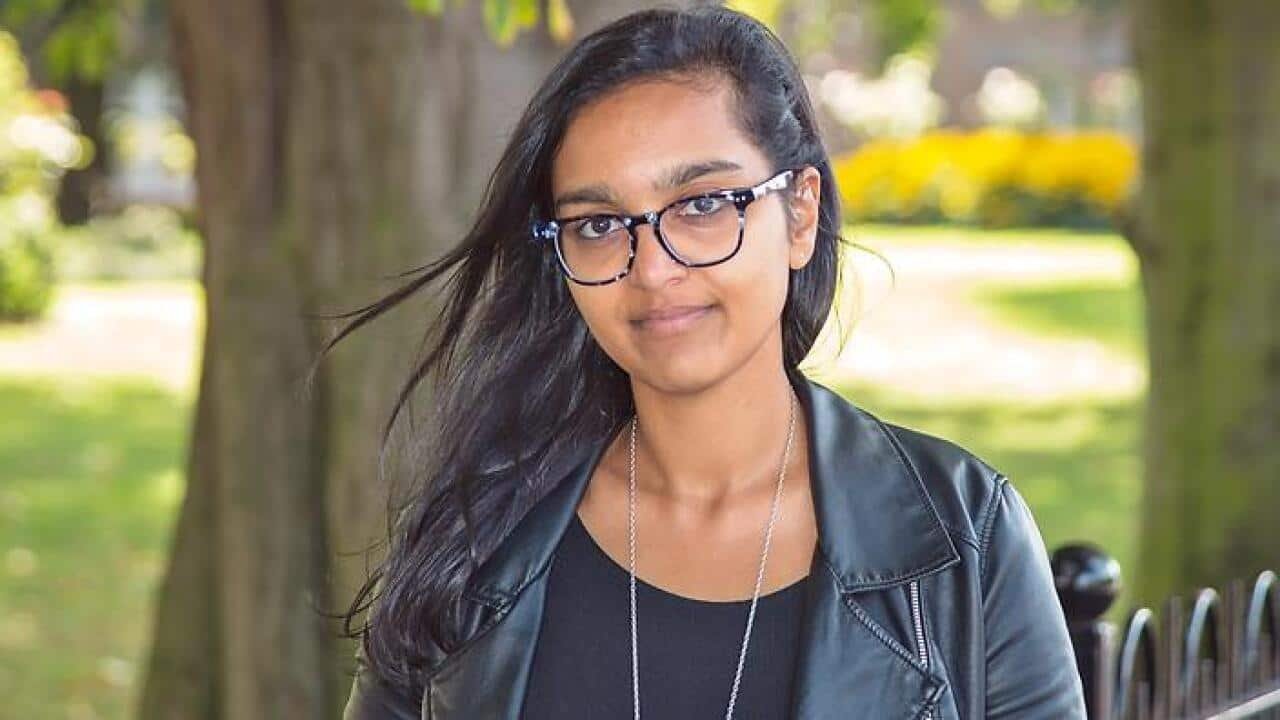When I was growing up, my grandmother would arrive each year from Fiji and spend at least two or three months living with us. She would take care of me while my parents worked. As my siblings and I got older, my Nani (as we called her) would walk us to school, pack our lunches and take us to after-school activities every day.
Nani’s extended stay wasn’t a unique arrangement. No matter where you’re from, having a family member help out with child-minding duties makes sense. But what happens when the formula reverses, and it’s the children who travel overseas for to be looked after by their extended family?
Over the past weeks, we’ve heard from many Indian-Australians about the heartbreak they’re experiencing while who are in India with relatives, and awaiting permission to return to Australia following the major Covid-19 outbreak in India.
It’s a difficult situation for many, and amidst the community conversation around repatriation flights and maintaining biosecurity, a key question has been why so many children, often still infants, are in India without their parents in the first place.
For non-Indians, it might seem strange to consider sending your child to spend extended time with their grandparents or other relatives in another country without accompanying them yourself.
For non-Indians, it might seem strange to consider sending your child to spend extended time with their grandparents or other relatives in another country without accompanying them yourself. But in Indian culture, this isn’t an uncommon occurrence. When I was a teenager, we met a young couple who just moved to Canberra from India, and joined our local community through the mosque. They had two daughters under the age of five, and both were still in India with their grandparents. They would stay there for months before returning to their parents.
“We wanted to set everything up before they arrive,” the mother explained to us. The girls were already living with their grandparents anyway, so it made sense for them to stay the extra time until they could move to their new home in Australia.
This last scenario is common, because traditionally, Indian families live in much bigger communal groups than their western counterparts. In India, it’s normal to have multiple generations under one roof. If you’re a man, you might also live with your siblings and their families, while women move in with their in-laws and their relatives.
With communal living also comes communal duties. In Australia, while parents may be accustomed to taking care of school drop off and pick up, dinner and bath time by themselves, these everyday tasks are often the remit of grandparents, aunts and uncles in Indian families.
In other words, the ecosystem of the family is more spread out, and each person plays their unique role in it.
In other words, the ecosystem of the family is more spread out, and each person plays their unique role in it. Here in Australia, my own family emulates this traditional structure, even though we don’t live in the same house. My parents play a big role in their grandchildren’s lives – taking them to and from school or other activities, having the kids sleep over regularly, helping with dinners and shopping trips as needed. Just as Nani did. For my parents, helping out isn’t seen as a favour, but an assumed duty.
In this sense, for Indian migrants who live without immediate family in Australia, sending their children overseas to be with their grandparents or aunts and uncles isn’t just a way to relief the stress of daily life, but an important way to maintain the relationships between generations.
I used to love it when my Nani visited, because I was jealous of my cousins in Fiji who lived with her full-time, and who got to see her every day. She made the trips over to Australia to stay connected with her daughter, my mum, and also to care for her four grandchildren who she wasn’t able to see more regularly. Now, most of my extended family live in Australia or New Zealand, and my maternal grandmother passed away years ago. My paternal grandmother, though, used to travel regularly between her various sons to spend dedicated time in each household. Looking back, I realise how lucky we were for our roving grandparents.
The devastation of not being able to travel to and from India due to COVID is especially acute now, as families remain on edge about their fate.
The devastation of not being able to travel to and from India due to COVID is especially acute now, as families remain on edge about their fate. For those Indian-Australians who are waiting to hear when their children will be able to return home, or those who are anxiously waiting for the permission to fly back and rejoin their families, the resolution will be bittersweet. But it would also mark the beginning of another long period of separation with loved ones overseas.
Zoya Patel is an Australian writer and editor. She is the author of No Country Woman: A memoir of not belonging.





